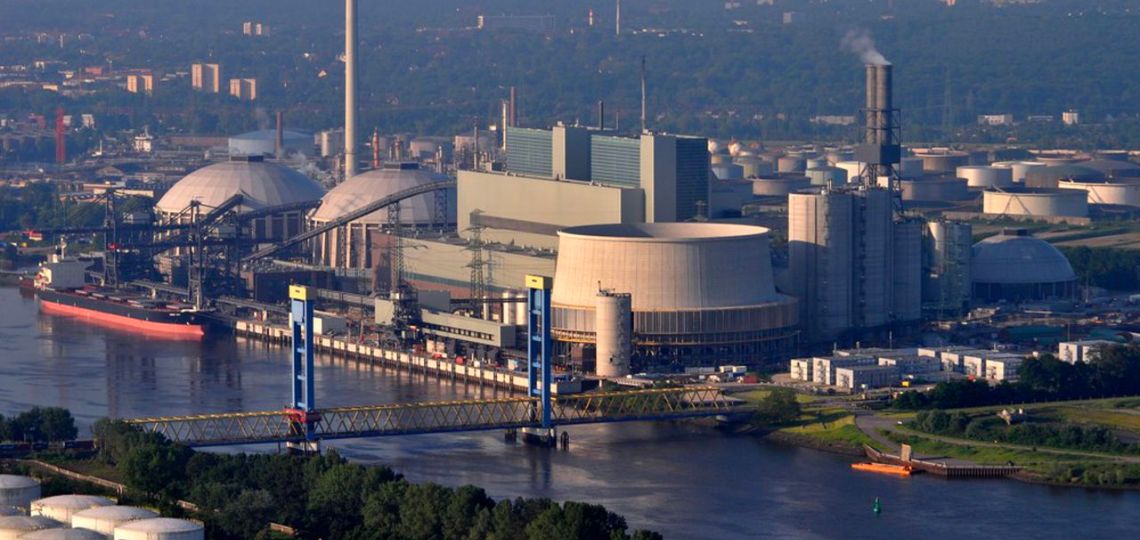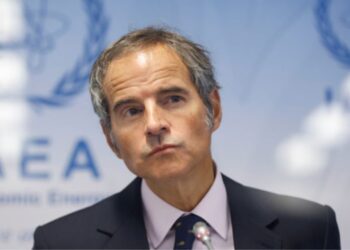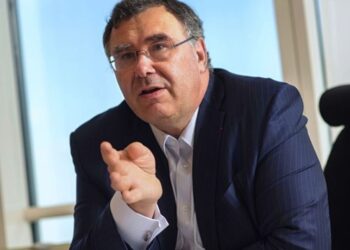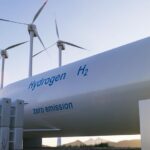In Germany, renewable hydrogen seems to be the backbone of the energy transition. Thus, the country can count on the support of the European Union, and more precisely of IPCEI (Important Project of Common European Interest).
In fact, among the EU member states, Germany is one of the main points of investment in this framework.
Investment terms and conditions
Within the framework of the IPCEI, Germany has selected 62 projects across the country. 8 of them are located in Hamburg. They will be jointly funded by the Bundestag and the Land. In total, these investments should generate 2 GW of renewable energy in Germany.
For example, the Senate has decided to co-finance the city of Hamburg up to 223 million euros. The financing is shared 70% by Germany and 30% by the Land. The subsidies allocated are standardized and are carried out in the same proportions in the rest of the country.
This change is particularly relevant for the city of Hamburg. Industry’s predominant share of the city’s economy and employment is responsible for the majority of CO2 emissions. The city, once a European Green Capital winner, is seeking to reconcile its economic development with environmental issues.
Senator Michael Westhagemann, responsible for economy and innovation, says:
“Like many other metropolises, [Hambourg] faces a daunting task: businesses, important employers in our city and drivers of economic power and innovation, must undergo a real transformation […] by sustainably reducing CO2 emissions.”
Towards the hydrogen era in Germany?
These projects, once operational, must however support the establishment of a renewable economy. In Hamburg, according to Senator Jens Kerstan, the role played by public energy companies is crucial in these transformations.
In the case of industry, hydrogen is often the only valid alternative. Successful funding of IPCEI projects also requires an integrated approach at all levels of the hydrogen value chain.
The desire to make Hamburg, a former coal city, a European hydrogen capital is clear. The local authorities are also seeking to adapt the existing Moorburg power plant to this dynamic.
In addition, the project for a renewable hydrogen hub is the beginning of this recomposition of the local industrial apparatus. Numerous partners, including Mitsubishi and Shell, are involved in the implementation of this project at the Moorburg site.
By 2028, the city of Hamburg will have reduced its carbon emissions by 600,000 tons.











